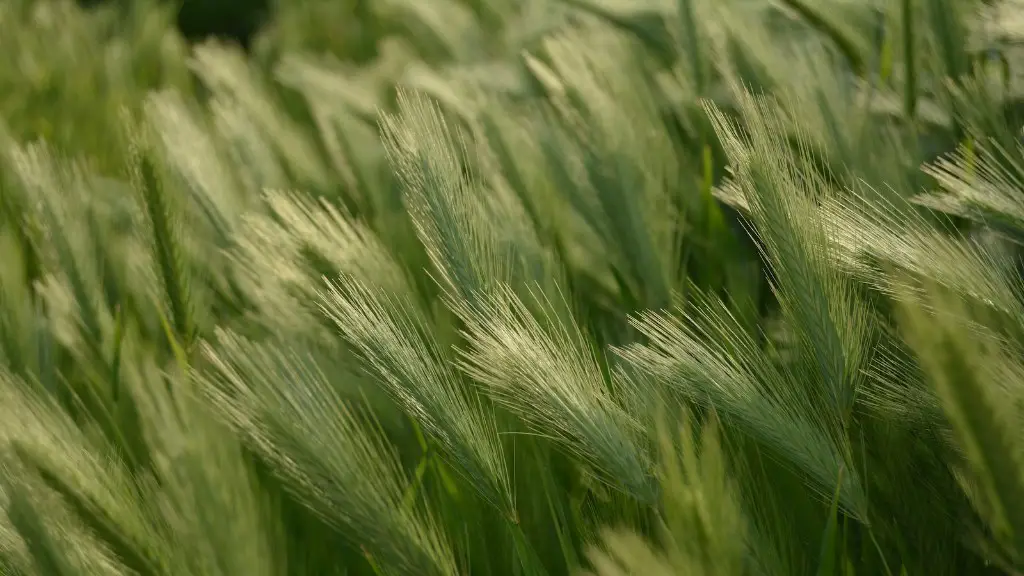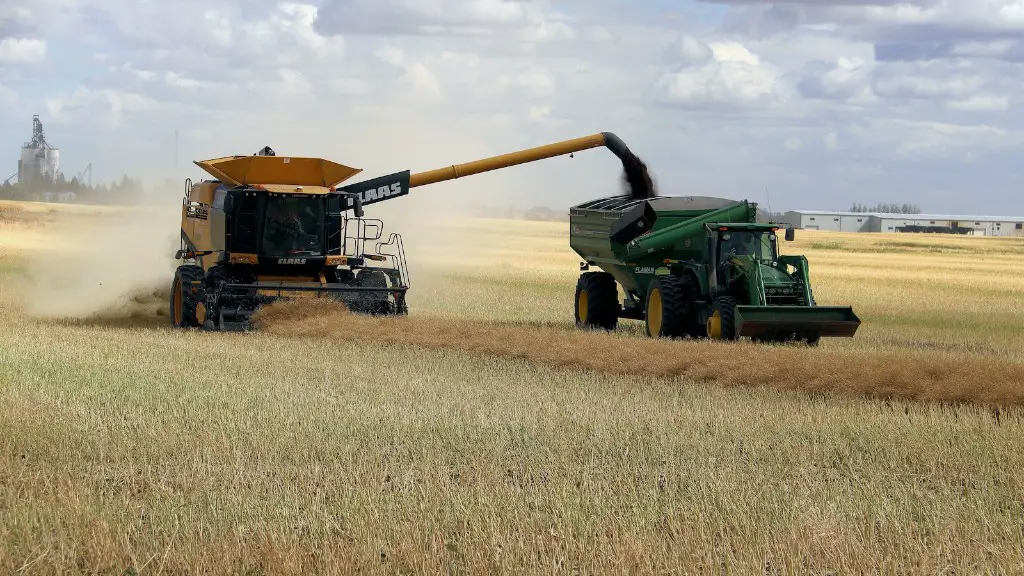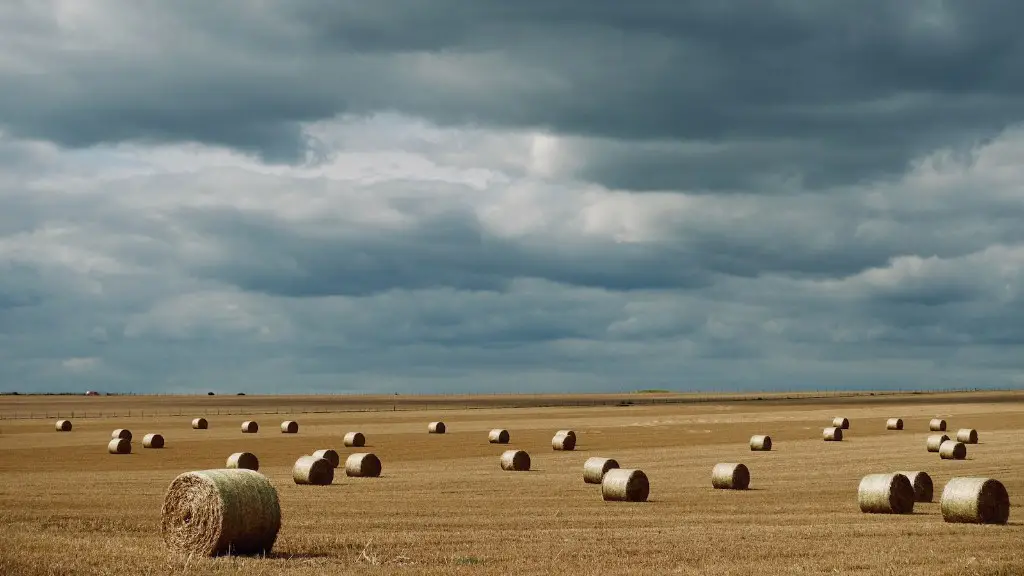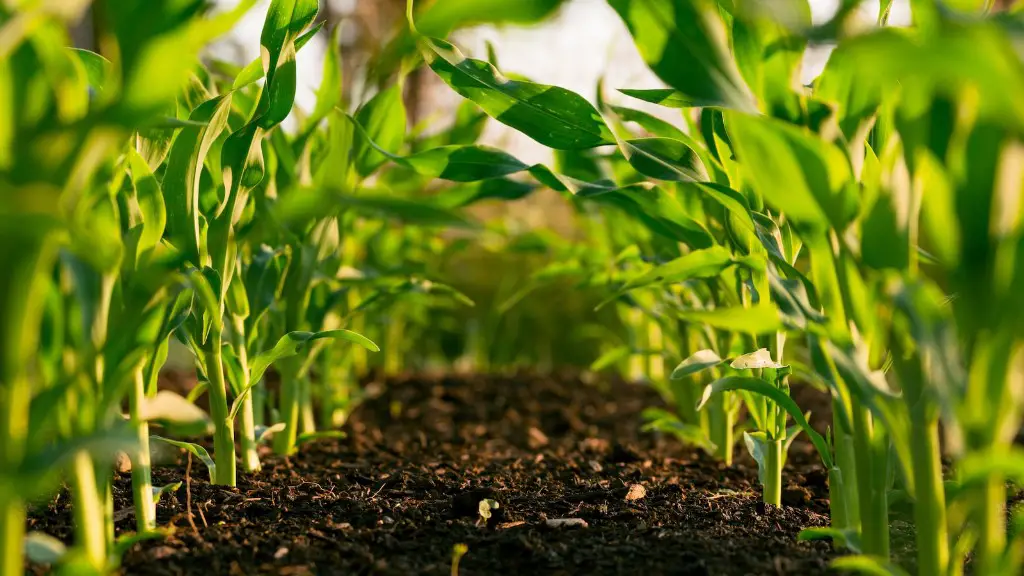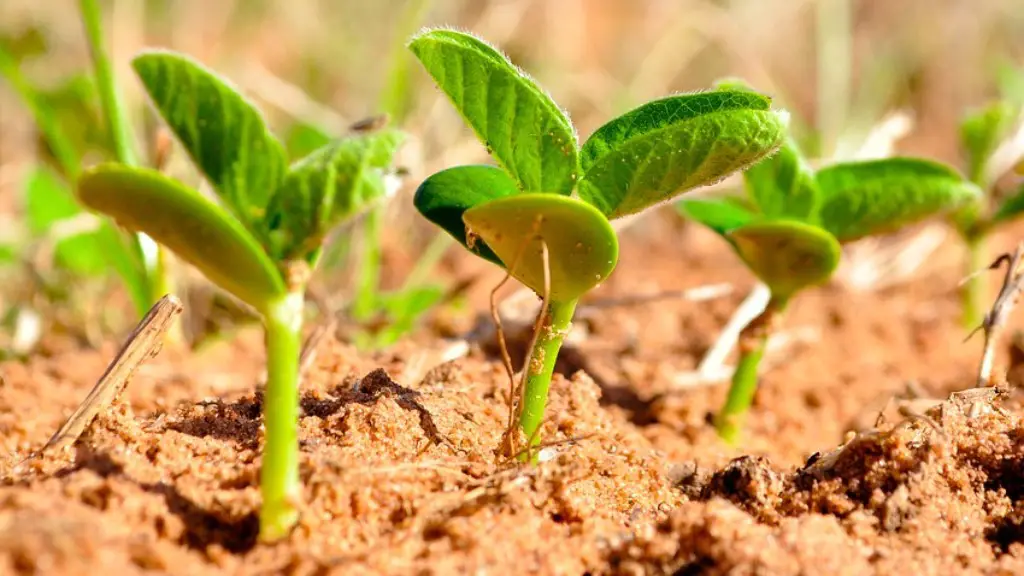Organic agriculture is a form of farming that does not use synthetic pesticides or fertilizers. Instead, organic farmers rely on natural methods to control pests and fertilize their crops. These methods include crop rotation, cover crops, and organic pesticides.
Yes, organic agriculture does use pesticides. However, these pesticides are derived from natural sources, such as plants, animals, and minerals.
Is organic food still sprayed with pesticides?
Organic foods are not always pesticide-free. However, organic farming only allows for the use of organic pesticides that avoid man-made chemicals at all costs, unless there is no other option. And farmers must use other methods of non-chemical pest control first before using any man-made pesticides.
Organic farming is a more sustainable and environmentally friendly option than conventional farming. It uses fewer pesticides and reduces dietary exposure to harmful chemicals. Additionally, organic farming supports local wildlife and helps to build healthier soils.
Does USDA organic mean no pesticides
Organic produce is grown on soil that has had no prohibited substances applied for three years prior to harvest. Prohibited substances include most synthetic fertilizers and pesticides. This type of produce is healthier and safer for consumers to eat.
Organic farming is a potent addition to our public health toolbox because it eliminates a wide range of health threats posed by farming with toxic chemicals. Organic farmers do not use most synthetic pesticides, so organic farming communities are less likely to experience the harmful effects of these chemicals. This pesticide “whack-a-mole” problem makes organic farming a valuable tool for protecting public health.
Why do organic farmers not use pesticides?
Organic farming does use pesticides, but contrary to popular belief, these are all natural and approved by organic farming regulations. In Europe and the United States, over a hundred different fertilizers and inputs are authorized for organic farming, including pesticides, insecticides, and fungicides. However, these are all natural products that are not harmful to the environment or to human health.
As a rule of thumb, washing with water reduces dirt, germs, and pesticide residues remaining on fresh fruit and vegetable surfaces. Washing and rubbing produce under running water is better than dunking it. Produce should be washed before it is eaten.
What are the 5 disadvantages of organic farming?
The disadvantages to organic farming are that organic farmers may not be able to use the same subsidies that conventional farmers can, organic pesticides and other organic chemicals may be more expensive, and there may be a lack of infrastructure to support organic farmers. Additionally, organic farming is often more knowledge-intensive, meaning that farmers need to be more observant and do more work to ensure successful yields.
Organic food is more expensive because farmers do not get as much out of their land as conventional farmers do. Production costs are higher because farmers need more workers. Marketing and distribution is not efficient because organic food is produced in smaller amounts.
Why are people against organic food
Organic food is more expensive to buy than non-organic food. Many people believe that organic food does not allow the use of any chemicals. Contrary to popular opinion, organic food production does allow the use of a limited number of chemicals.
Organic products are those that are grown or produced without the use of synthetic herbicides, pesticides, or fertilizers. This means that organic products are free of harmful chemicals like RoundUp and glyphosate. Buying organic is a great way to support your health and the environment.
Is organic food really chemical free?
However, organic farmers are allowed to use a small number of approved pesticides and fertilizers. These approved chemicals must meet certain standards set by the United States Department of Agriculture (USDA).
“Organic” does not mean that no pesticides or herbicides were used – it simply means that the ones applied met the USDA’s production standards for the term.
What is the most heavily sprayed crop
did you know that Strawberries are the crop that is most heavily dosed with pesticides in America? on average, 300 pounds of pesticides are applied to every acre of strawberries (compared to an average of 25 pounds per acre for other foods). this is due to the fact that strawberries are highly susceptible to pests and diseases. as a result, farmers have to use high amounts of pesticides to protect their crops. while this may ensure that the strawberries are safe to eat, it is important to be aware of the potential health risks associated with consuming pesticide-laden food.
Organic farmers are allowed to use natural pesticides, but most synthetic pesticides are not allowed. This is because synthetic pesticides can be harmful to the environment and to people who eat the food that is grown with them.
What organic farmers should avoid?
The process-based regulatory framework is important because it helps to ensure that organic foods are grown and processed using methods that are safe for consumers and the environment. The prohibition of certain methods, like irradiation, sewage sludge, and genetic engineering, helps to keep organic foods free from harmful chemicals and pollutants.
Organic growers in the US face a number of challenges, including lower yields relative to conventional farming, difficulty maintaining high quality soil nutrients, and gaining proper certifications and market access. These challenges can make it difficult for organic growers to compete with conventional farmers.
Final Words
No, organic agriculture does not use pesticides.
In conclusion, organic agriculture does use pesticides. However, these pesticides are derived from natural sources, such as plants and minerals. They are also less toxic than synthetic pesticides, and they break down quickly in the environment.
